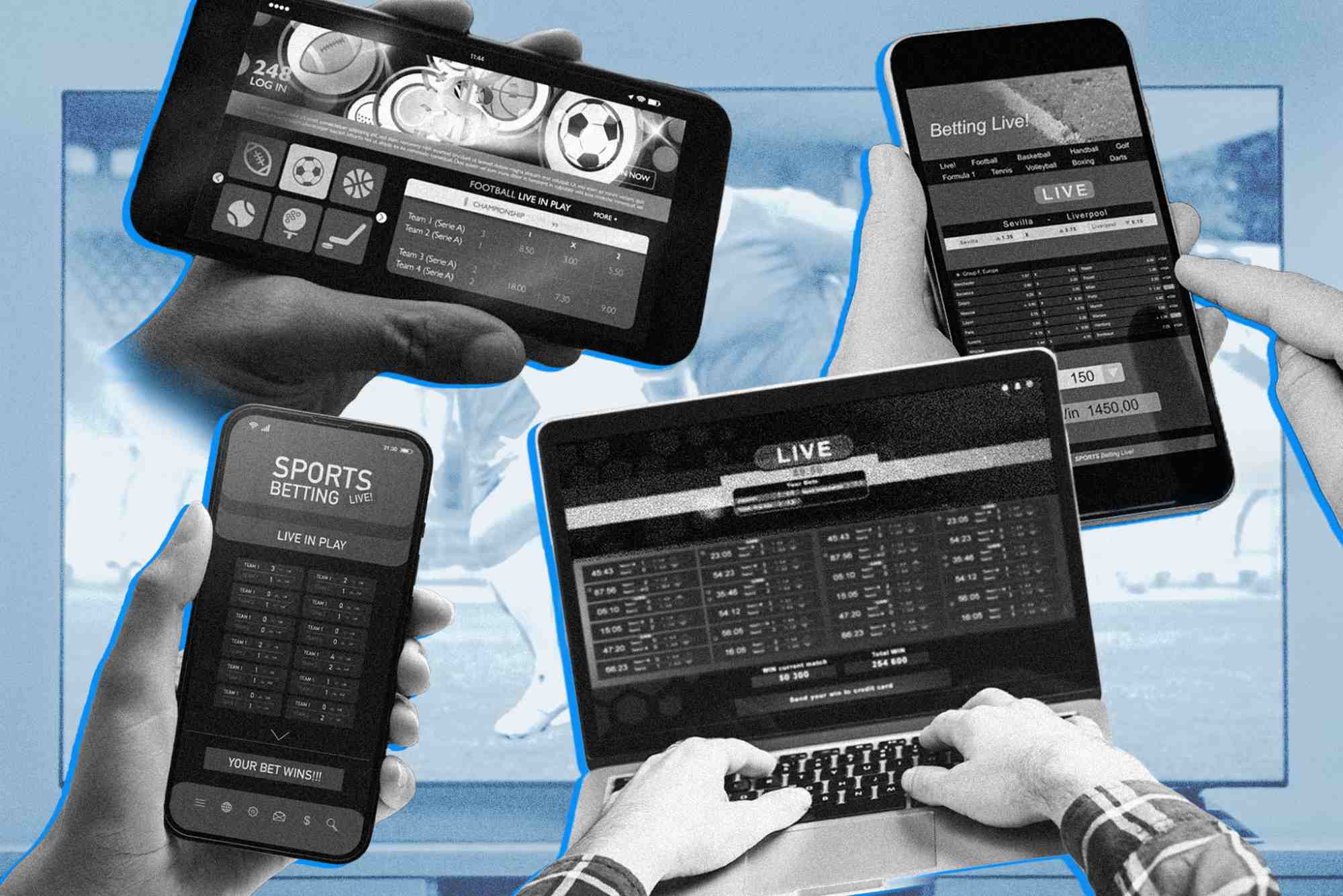In recent years, I’ve noticed a growing number of friends and colleagues exploring crypto casinos—platforms that allow wagers with Bitcoin, Ethereum, and other digital assets. What first drew me in was the promise of swift deposits and withdrawals. But as I dove deeper, I realised the real allure for many players is privacy. If you’ve ever been uneasy about KYC requirements or simply prefer keeping your betting history out of traditional banking rails, crypto casinos can offer a compelling solution.
Traditional online casinos typically require identity verification—passport scans, utility bills, selfies—to comply with anti-money-laundering (AML) and Know Your Customer (KYC) regulations. While these measures are vital for legal compliance, they can feel intrusive. Many of us have hesitated at the prospect of sharing personal documents online. Crypto casinos, by contrast, often minimise or bypass KYC, relying on blockchain pseudonymity instead.
Understanding Blockchain Pseudonymity
At the heart of crypto casino anonymity lies the concept of pseudonymity. Every transaction on a blockchain is public, recorded with sender and receiver addresses rather than real-world identities. Imagine a giant transparent ledger where you can see the flow of funds but not who controls each address. As someone who’s traced transactions—and marvelled at the clarity of on-chain explorers—this transparency coupled with anonymity feels almost paradoxical.
In exploring payment options—like when comparing diverse betting apps UK —it becomes clear that blockchain’s public ledger is a double-edged sword. It prevents fraud and ensures provable fairness, while maintaining the privacy of your identity.
How Addresses Protect You
When you deposit Bitcoin to a casino wallet address, the casino sees only the address, not your name or IP. You could generate a fresh address for every deposit if you want extra privacy. Similarly, withdrawals return to your specified wallet address. Provided you don’t link that address to identifiable accounts on centralised exchanges, the trail ends there.
Limited or Optional KYC Measures
Some crypto casinos take a hybrid approach: allowing small deposits and withdrawals with zero KYC, then requiring verification only once you exceed a threshold. This model strikes a balance—casinos satisfy regulatory concerns for high rollers while casual players enjoy anonymity.
My own experience with a mid-tier crypto site illustrates this well. I made several 0.01 BTC deposits without ever uploading an ID. When I attempted a larger 1 BTC withdrawal, the platform prompted me to verify my identity. It’s a pragmatic compromise: you can play anonymously up to a point, then decide whether the extra privacy is worth verifying for bigger wins.
Privacy-Focused Cryptocurrencies
While Bitcoin’s pseudonymity suffices for many, true privacy coins like Monero and Zcash go a step further. Their protocols obfuscate transaction details—amounts, sender, and receiver addresses—by default.
Monero’s Ring Signatures
Monero mixes each transaction with several decoys, making it computationally infeasible to link outputs to a specific input. When a Monero deposit shows up in your casino account, the casino sees a valid Monero transfer but can’t trace which of the decoy participants you were.
Zcash’s Shielded Pools
Zcash offers both transparent and shielded transactions. Shielded transfers encrypt metadata, hiding addresses and amounts on-chain. Some casinos support Zcash in shielded mode, letting you maintain near-total on-chain anonymity.
Secure Wallet Practices
Your anonymity depends not just on casino policies but on your own habits. Here are some practical tips:
When funding your crypto wallet, consider using decentralised exchanges or peer-to-peer platforms that don’t require KYC. Avoid sending casino funds to wallets on major exchanges where your identity is known.
Using a VPN adds another layer—masking your IP address so the casino logs only the VPN endpoint. Combined with a fresh wallet address for each transaction, you can minimise on-chain and off-chain linkages.
On-Chain Fairness Audits
Intriguingly, the transparency of the blockchain also underpins provably fair gaming. Many crypto casinos publish smart-contract code or algorithms that let you verify each bet’s fairness. For example, you might see a cryptographic hash before a dice roll, then compare the post-roll result to confirm no manipulation occurred. This combination of fairness and privacy is unique to crypto casinos.
Regulatory Considerations
Complete anonymity isn’t always an unqualified benefit. Jurisdictions vary widely: some regulators might view anonymous gambling as a red flag. That’s why top-tier crypto casinos often require KYC for users in regulated markets while offering no-KYC options to players in permissive jurisdictions.
Personally, I weigh the legal risks of my location against the appeal of privacy features. If you reside in a country with strict gambling laws, ensure the casino’s policies align with local regulations—even if it means sacrificing some anonymity.
Real-World Example: NightOwl Casino
NightOwl, a popular crypto-focused platform, let me register and play table games with only my email and a Bitcoin wallet. I tested its Monero support too—depositing via XMR’s shielded pool. I never uploaded an ID until cashing out a significant profit, at which point a standard KYC process was required. The entire experience felt seamless and respectful of privacy.
Conclusion
Crypto casinos can significantly protect your anonymity through pseudonymous blockchain transactions, optional KYC tiers, and support for privacy coins. By combining best practices—secure wallets, VPNs, and judicious exchange use—you can enjoy both privacy and provable fairness. While complete anonymity isn’t universally ideal, many players value the control and discretion crypto platforms offer. As the landscape evolves, understanding these mechanisms will help you choose casinos that safeguard your privacy without compromising security or compliance




